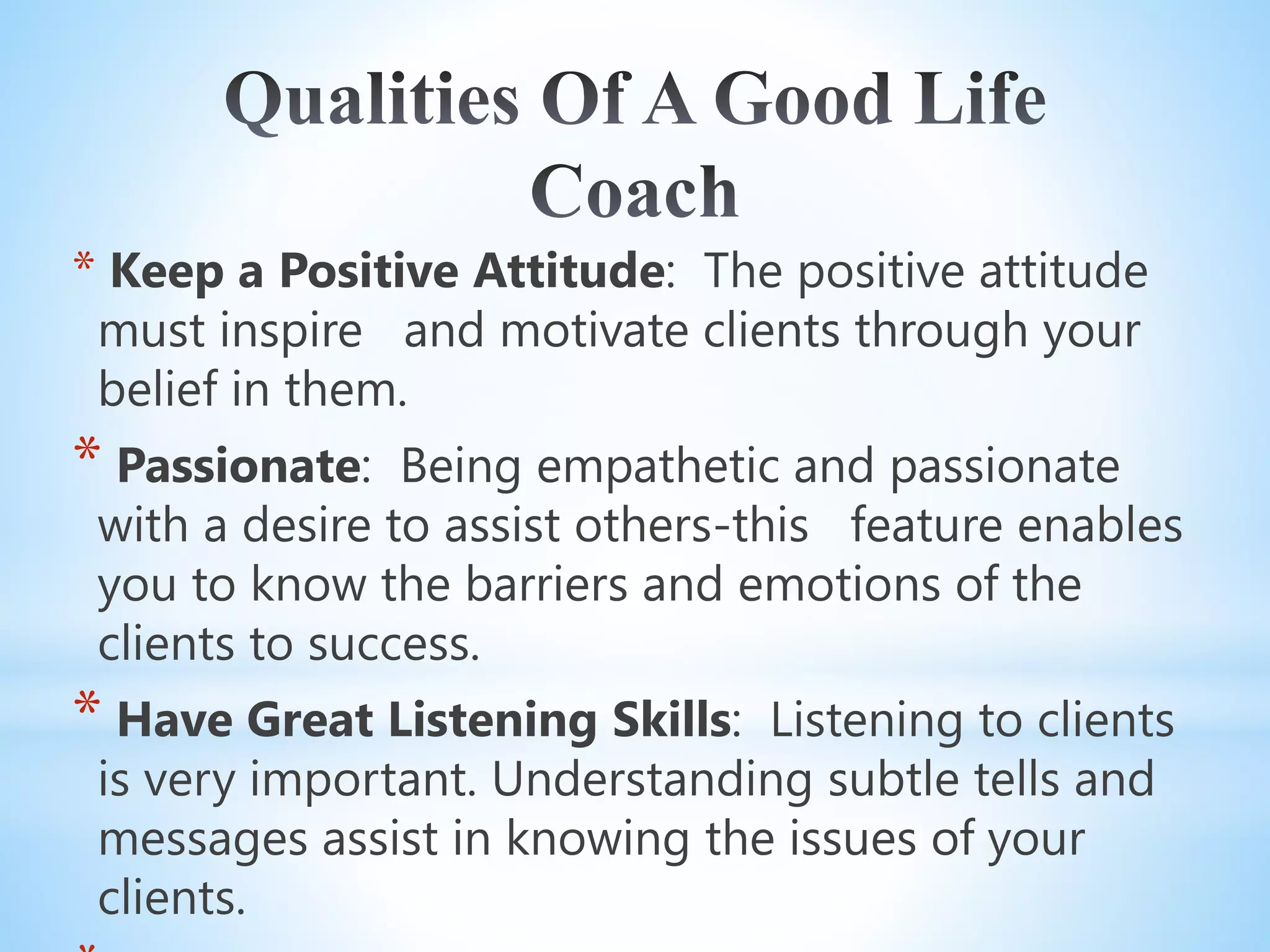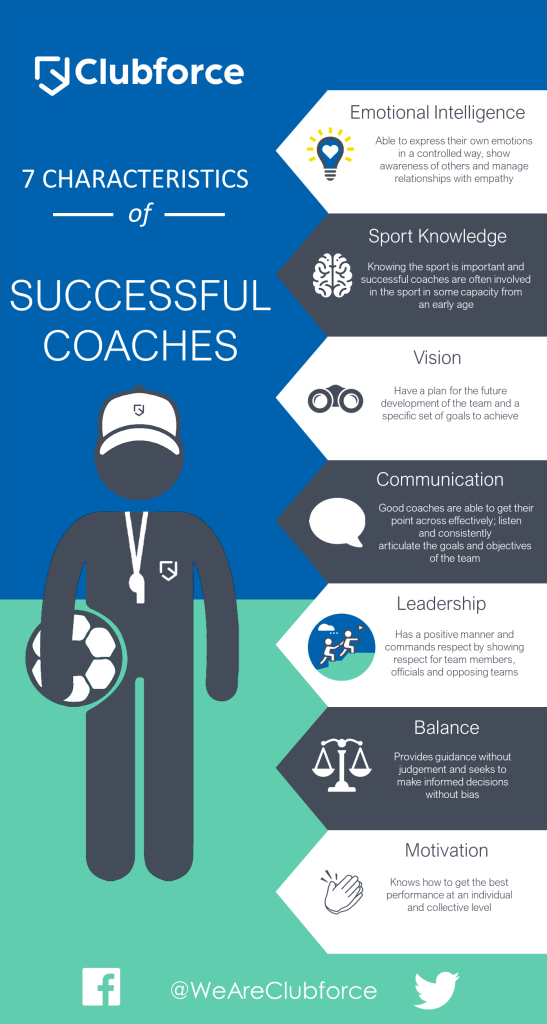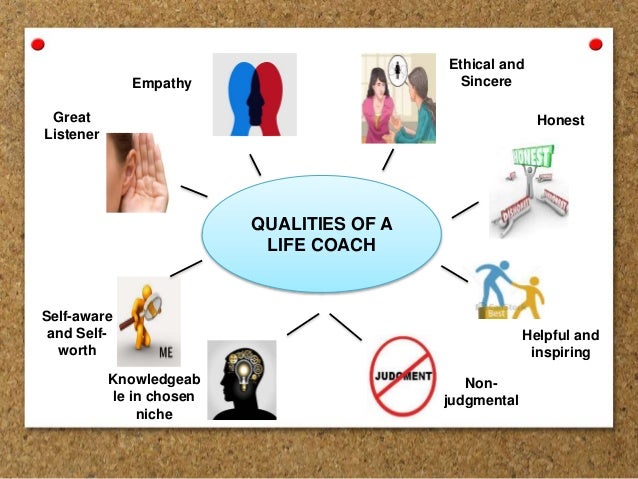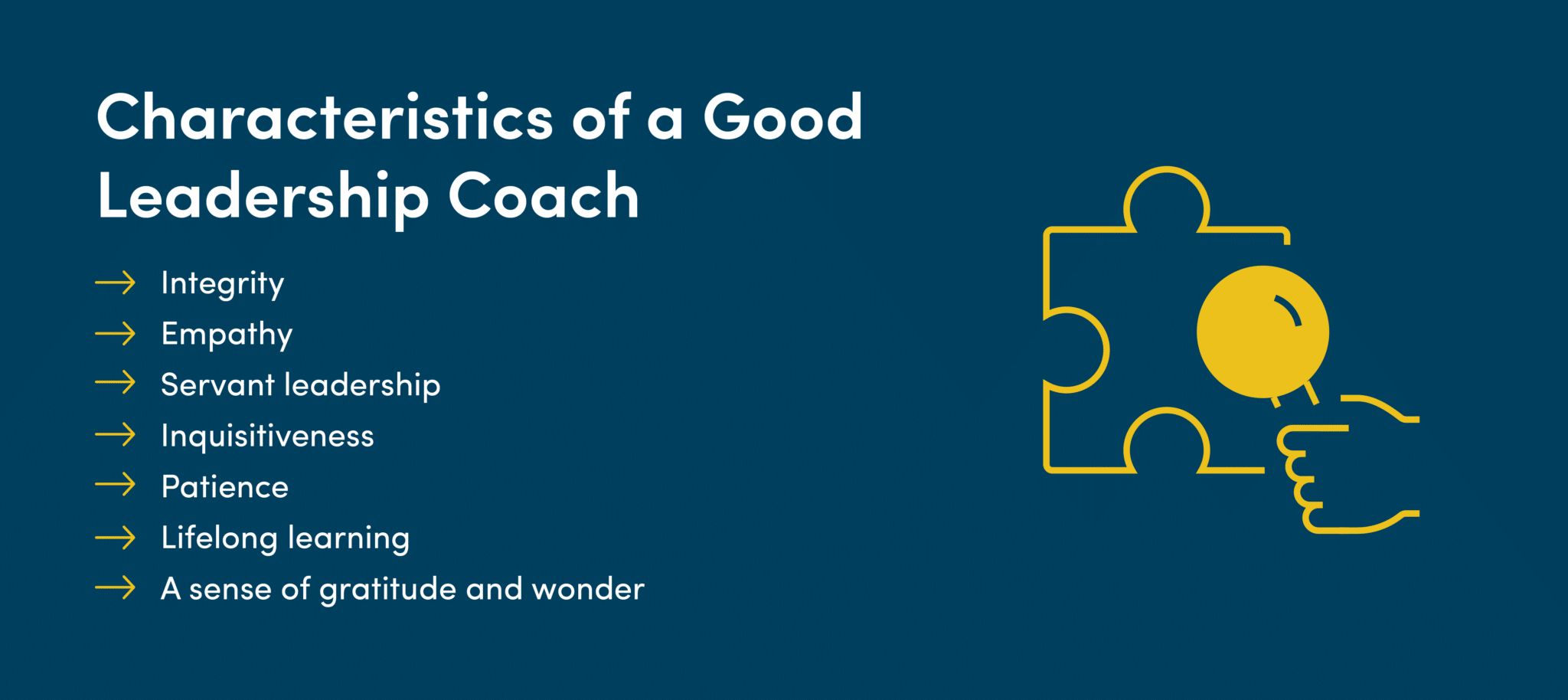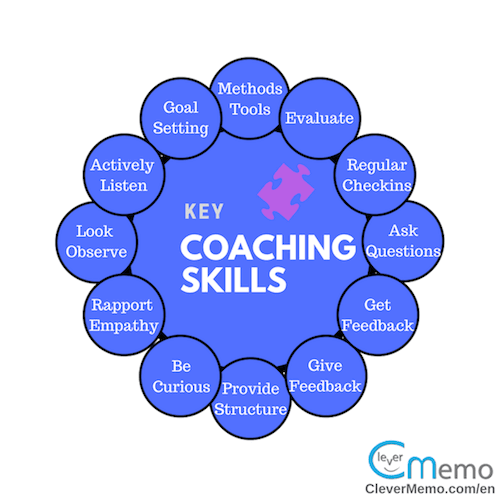What Qualities Make A Good Life Coach
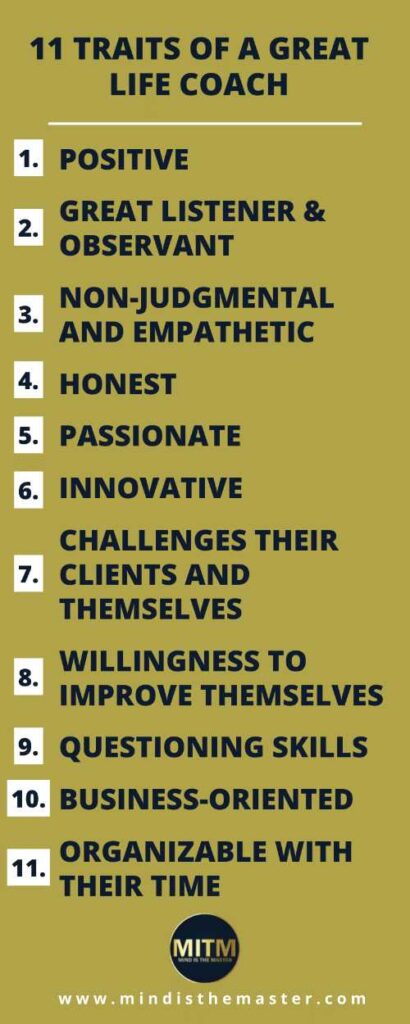
In a world increasingly focused on personal growth and professional development, the role of a life coach is becoming ever more prominent. But what truly distinguishes a good life coach from one who simply offers generic advice?
The qualities that define an effective life coach extend beyond simple motivational speaking. Empathy, active listening, and a results-oriented approach are all vital, but a deeper dive reveals a more nuanced understanding of the skills and attributes needed to guide individuals towards meaningful change.
Core Competencies of Effective Life Coaching
At its heart, life coaching is about facilitating self-discovery and empowerment. A good life coach possesses a blend of interpersonal and technical skills to achieve this.
Active listening is paramount. This means truly hearing what the client is saying, both verbally and nonverbally, and understanding their perspective without judgment.
Empathy, the ability to understand and share the feelings of another, is closely linked. It allows the coach to connect with the client on a deeper level and build trust.
Essential Communication Skills
Communication goes beyond simply hearing and understanding. A good coach is able to articulate complex ideas in a clear and concise manner.
They are adept at asking powerful questions that challenge clients' assumptions and encourage them to explore new possibilities. The International Coaching Federation (ICF), a leading global organization for coaches, emphasizes the importance of direct communication and creating awareness in their core competencies.
Feedback is also crucial. Effective coaches provide constructive feedback that is both honest and supportive, helping clients identify areas for improvement without discouraging them.
Building Trust and Rapport
The coach-client relationship is built on trust and rapport. Without these elements, progress is difficult, if not impossible.
Authenticity is key. Clients can sense when a coach is being genuine and when they are simply going through the motions.
Integrity, meaning adherence to a strict moral or ethical code, is also vital. Clients need to know that their coach has their best interests at heart and is committed to maintaining confidentiality.
Setting Realistic Goals and Expectations
One of the biggest challenges in life coaching is setting realistic goals. An effective coach helps clients to identify what they truly want to achieve and then breaks those goals down into manageable steps.
They understand that progress is not always linear and are able to help clients navigate setbacks and stay motivated. They also manage expectations, ensuring clients understand that coaching is a process that requires time and effort.
According to a report by the Coaching Research Institute, clients who have clear goals and expectations are more likely to achieve success in coaching.
Beyond Skills: The Human Element
While technical skills are important, the human element is what truly sets a good life coach apart. Qualities such as patience, compassion, and a genuine desire to help others are invaluable.
A good coach is also a lifelong learner. They are constantly seeking out new knowledge and skills to better serve their clients. This can involve attending workshops, reading books, or even pursuing further certifications.
Adaptability is another important trait. Every client is different, and a good coach is able to tailor their approach to meet the individual needs of each person.
"Effective coaching is about more than just techniques and strategies," says Dr. Anna Miller, a leading expert in the field of coaching psychology. "It's about creating a safe and supportive space where clients can explore their potential and achieve their goals."
Ultimately, the qualities that make a good life coach are a complex combination of skills, traits, and experiences. It's about the ability to listen deeply, empathize sincerely, and empower individuals to create meaningful change in their lives.
